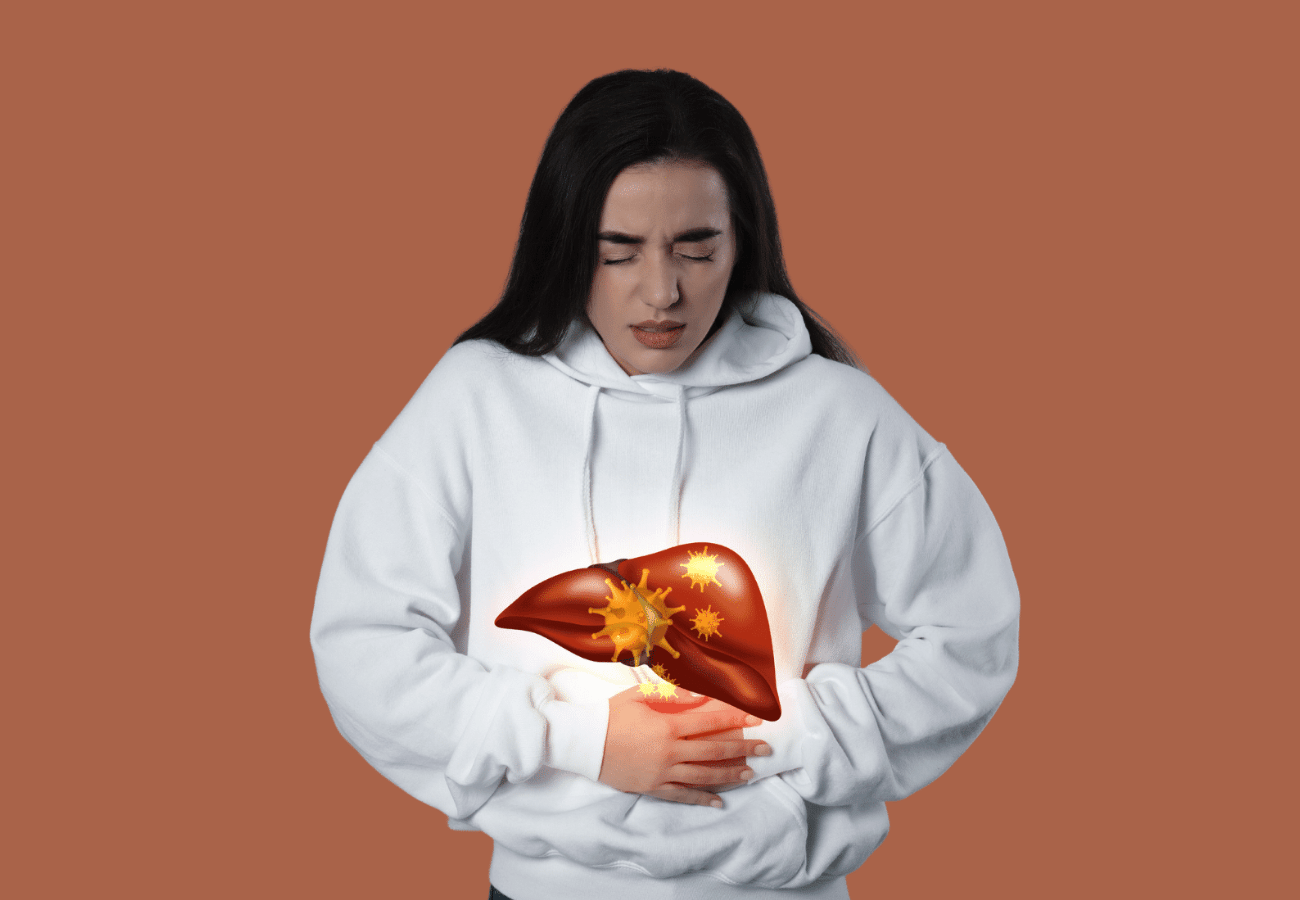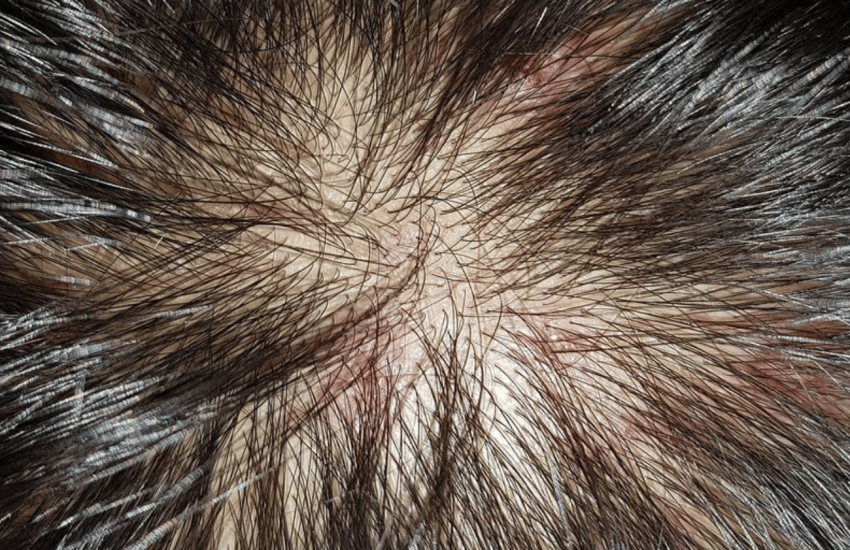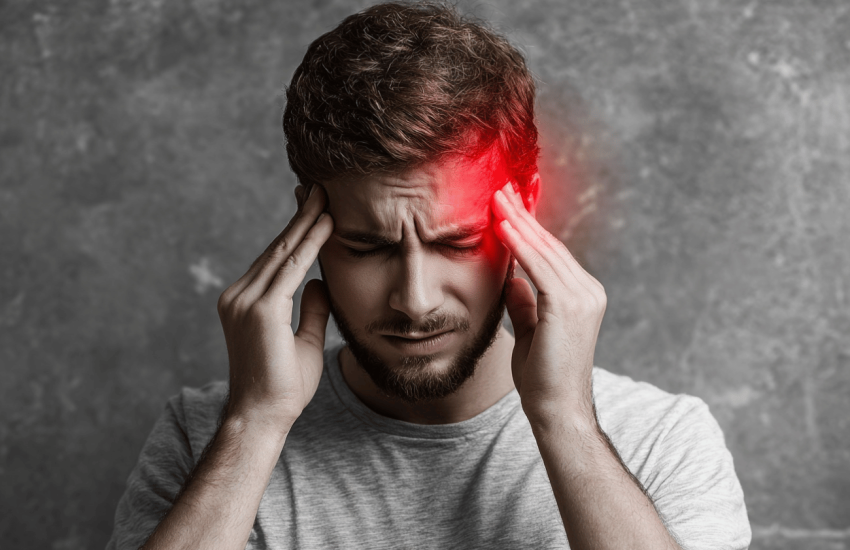7 Warning Signs of Liver Damage You Should Never Ignore
Meta Description: Discover the critical warning signs of liver damage and learn how to protect your liver health with expert tips, natural remedies, and prevention strategies.
SEO Tags: liver damage symptoms, early signs of liver disease, warning signs of liver problems, liver health tips, fatty liver disease, liver detox remedies, hepatic dysfunction, liver inflammation, natural liver support, cirrhosis symptoms
Your liver is one of the most hardworking organs in your body, performing over 500 vital functions every single day. From filtering toxins and producing bile to storing essential nutrients and regulating blood sugar, this remarkable organ works tirelessly to keep you healthy. Yet despite its critical importance, liver disease often develops silently, earning it the nickname “the silent killer.”
The sobering truth is that liver damage frequently shows no symptoms in its early stages, which is why recognizing the warning signs when they do appear becomes absolutely crucial. By the time many people notice something is wrong, significant damage may have already occurred. However, the good news is that your liver has an extraordinary ability to regenerate and heal—if you catch problems early enough.
In this comprehensive guide, we’ll explore seven critical warning signs of liver damage that you should never ignore, along with practical tips for protecting your liver health and supporting its natural healing processes. Whether you’re concerned about your current liver health or simply want to take preventive measures, understanding these symptoms could quite literally save your life.
Understanding Your Liver: Why It Matters
Before diving into the warning signs, it’s essential to understand why liver health deserves your attention. Your liver processes everything you eat, drink, and even breathe. It neutralizes harmful substances, manufactures proteins necessary for blood clotting, produces cholesterol and special proteins that transport fats through your body, and stores glucose for quick energy.
When your liver becomes damaged—whether through alcohol abuse, viral infections, obesity, or other factors—its ability to perform these critical functions diminishes. This deterioration can progress through several stages, from inflammation and fatty liver disease to fibrosis, cirrhosis, and eventually liver failure if left untreated.
The 7 Warning Signs of Liver Damage You Must Know
1. Persistent Fatigue and Weakness
One of the earliest and most common signs of liver problems is unexplained, persistent exhaustion that doesn’t improve with rest. This isn’t the normal tiredness you feel after a long day—it’s a deep, overwhelming fatigue that affects your ability to function normally.
Why it happens: When your liver struggles to remove toxins from your bloodstream, these harmful substances accumulate throughout your body, making you feel constantly drained. Additionally, a damaged liver may fail to properly metabolize nutrients, leaving your body starved for energy despite adequate food intake.
If you find yourself sleeping more than usual yet still feeling exhausted, or if simple daily tasks leave you completely worn out, it’s time to consult your healthcare provider about checking your liver function.
2. Jaundice: Yellowing of Skin and Eyes
Jaundice is perhaps the most recognizable symptom of liver dysfunction. This condition causes a noticeable yellowing of the skin, the whites of your eyes, and sometimes your mucous membranes.
The science behind it: Your liver processes bilirubin, a yellow pigment produced when red blood cells break down. A healthy liver efficiently filters bilirubin and eliminates it through bile. However, when your liver is damaged, bilirubin builds up in your bloodstream, causing the characteristic yellow discoloration.
Jaundice should always be treated as a medical emergency requiring immediate attention. It indicates that your liver is significantly compromised and needs urgent evaluation and treatment.
3. Abdominal Pain and Swelling
Experiencing persistent discomfort, pain, or swelling in the upper right portion of your abdomen—where your liver is located—can signal liver inflammation or enlargement.
Associated symptoms include:
- A feeling of fullness or bloating even after eating small amounts
- Visible abdominal distension or an unusually protruding belly
- Tenderness when pressing on the right side of your abdomen
- Fluid accumulation in the abdominal cavity (ascites), which occurs in advanced liver disease
This abdominal swelling happens because a damaged liver produces less albumin, a protein that helps keep fluid in your bloodstream. When albumin levels drop, fluid leaks into surrounding tissues and the abdominal cavity.
4. Changes in Urine and Stool Color
Pay attention to changes in your body’s waste products, as they often provide early clues about liver health.
Dark urine: If your urine appears unusually dark—resembling the color of tea or cola—despite adequate hydration, excess bilirubin may be passing through your kidneys. This occurs when your liver cannot process bilirubin effectively.
Pale or clay-colored stools: Your stools may become abnormally light, pale, or grayish. This happens because your liver isn’t producing enough bile, which gives stool its characteristic brown color. Bile also helps you digest fats, so pale stools often accompany other digestive issues.
Any persistent changes in urine or stool color warrant a medical evaluation to rule out liver dysfunction.
5. Skin Changes and Itching
Chronic, intense itching without an obvious rash, along with other skin changes, can indicate liver problems. Many people with liver disease experience relentless itching that worsens at night and doesn’t respond well to typical treatments.
Why it occurs: When bile salts and other substances accumulate under your skin due to poor liver function, they trigger persistent itching. Additional skin changes associated with liver damage include:
- Spider angiomas (small, spider-like blood vessels visible on the skin)
- Easy bruising due to decreased production of clotting factors
- Reddened palms (palmar erythema)
- Small yellow deposits around the eyes
These dermatological signs reflect your liver’s diminished capacity to produce essential proteins and process waste products efficiently.
6. Digestive Problems and Loss of Appetite
A struggling liver often manifests through various digestive complaints that significantly impact your quality of life.
Common digestive symptoms include:
- Persistent nausea or vomiting
- Loss of appetite and unexplained weight loss
- Feeling full quickly when eating
- Frequent indigestion or heartburn
- Intolerance to fatty foods
Your liver plays a central role in digestion by producing bile, which breaks down fats. When liver function declines, you may experience difficulty digesting meals, particularly those high in fat, leading to discomfort, bloating, and changes in bowel habits.
7. Mental Confusion and Cognitive Changes
Advanced liver disease can affect your brain function, causing a condition called hepatic encephalopathy. This occurs when your damaged liver cannot adequately remove toxins, particularly ammonia, allowing them to reach your brain.
Warning signs include:
- Confusion or disorientation
- Difficulty concentrating or remembering things
- Personality changes or mood swings
- Slurred speech
- Sleep disturbances or reversed sleep patterns
- In severe cases, tremors or uncontrolled movements
While hepatic encephalopathy typically occurs in advanced liver disease, any cognitive changes accompanied by other liver symptoms should prompt immediate medical attention.
Common Causes of Liver Damage
Understanding what puts your liver at risk helps you take proactive steps toward prevention. The most common causes of liver damage include:
Alcohol consumption: Excessive alcohol intake is the leading cause of liver disease in many countries. Even moderate drinking over many years can lead to fatty liver disease and eventual cirrhosis.
Viral hepatitis: Hepatitis B and C are viral infections that specifically target the liver, causing inflammation and potentially progressing to chronic liver disease if untreated.
Non-alcoholic fatty liver disease (NAFLD): Increasingly common due to obesity, diabetes, and metabolic syndrome, NAFLD occurs when excess fat accumulates in liver cells without alcohol involvement.
Medications and toxins: Certain medications, including acetaminophen in excessive doses, can damage your liver. Environmental toxins and some herbal supplements also pose risks.
Autoimmune conditions: Sometimes your immune system mistakenly attacks your liver, causing autoimmune hepatitis or primary biliary cholangitis.
Natural Ways to Support Liver Health
While medical treatment is essential for liver disease, several natural approaches can support your liver’s health and healing capacity:
Dietary Modifications
Eat liver-friendly foods: Incorporate plenty of cruciferous vegetables like broccoli, Brussels sprouts, and cauliflower, which contain compounds that support liver detoxification. Leafy greens, berries rich in antioxidants, and healthy fats from sources like olive oil and avocados also benefit liver health.
Stay hydrated: Drinking adequate water helps your liver flush out toxins more efficiently. Aim for at least eight glasses daily, more if you’re physically active.
Limit processed foods: Reduce your intake of refined sugars, trans fats, and processed foods that burden your liver with additional work.
Herbal Supplements
Several herbs have shown promise in supporting liver function, though you should always consult your healthcare provider before starting any supplements:
Milk thistle: This herb contains silymarin, a compound with antioxidant and anti-inflammatory properties that may protect liver cells from damage.
Turmeric: The active compound curcumin has potent anti-inflammatory effects and may help reduce liver inflammation.
Dandelion root: Traditionally used to support liver and gallbladder function, dandelion may help with bile production and liver detoxification.
Lifestyle Changes
Maintain a healthy weight: Obesity significantly increases your risk of fatty liver disease. Even losing 5-10% of your body weight can dramatically improve liver health.
Exercise regularly: Physical activity helps reduce liver fat and inflammation. Aim for at least 150 minutes of moderate exercise weekly.
Limit alcohol: If you drink, do so in moderation—no more than one drink per day for women and two for men. Better yet, consider abstaining entirely if you have any liver concerns.
Avoid unnecessary medications: Only take medications when truly needed, and always follow dosing instructions carefully to prevent accidental liver damage.
Prevention: Your Best Defense
The most effective approach to liver problems is prevention. Here’s how to protect this vital organ:
Get vaccinated: Vaccines for hepatitis A and B can prevent these viral infections that cause liver damage.
Practice safe behaviors: Use protection during sexual activity and avoid sharing needles or personal items that might transmit bloodborne infections.
Screen for liver disease: If you have risk factors like diabetes, obesity, or a family history of liver disease, regular screening can catch problems early when they’re most treatable.
Be cautious with supplements: Many “natural” products can actually harm your liver. Research any supplements thoroughly and discuss them with your doctor.
Regular check-ups: Annual physical exams that include liver function tests can detect problems before symptoms appear.
When to See a Doctor
Don’t wait to seek medical attention if you experience any of these warning signs, especially if you have multiple symptoms or risk factors for liver disease. Early detection through simple blood tests can reveal liver problems before permanent damage occurs.
Your doctor may recommend liver function tests, imaging studies like ultrasound or CT scans, or in some cases, a liver biopsy to assess the extent of any damage. Remember, the liver’s remarkable ability to regenerate means that early intervention can often reverse damage and restore function.
Conclusion: Protecting Your Liver for Life
Your liver silently performs hundreds of life-sustaining functions every day, making its health absolutely vital to your overall wellbeing. While liver damage often develops without obvious symptoms, recognizing these seven warning signs—persistent fatigue, jaundice, abdominal pain, changes in urine and stool color, skin changes, digestive problems, and cognitive issues—can help you catch problems early when treatment is most effective.



